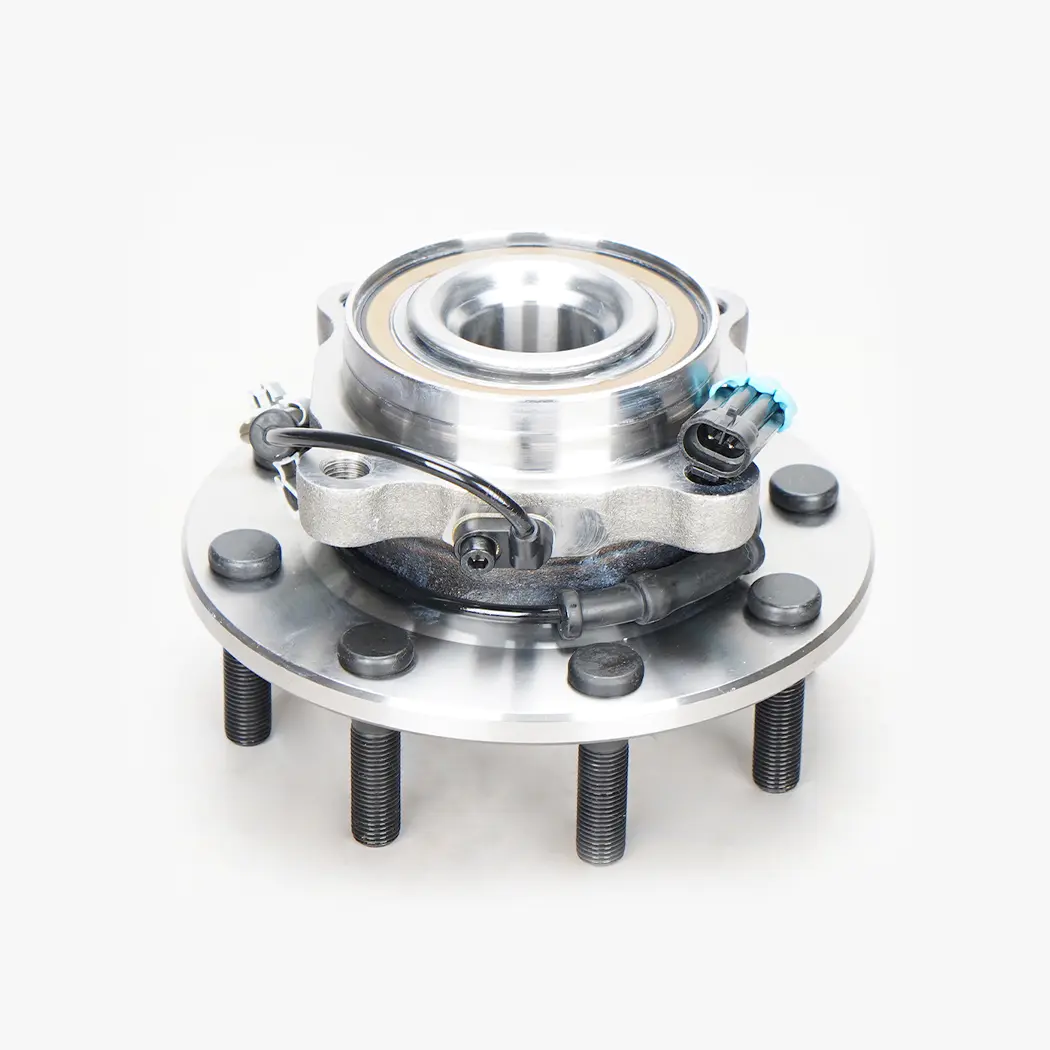Vehicle wheel hub bearings are important connecting components between the tires and the body of the car. They bear the functions of supporting the weight of the wheels, reducing friction and ensuring smooth driving. Their main function is to allow the wheels to rotate freely while bearing various forces from the body and the road.
The types of wheel hub bearings are mainly divided into two categories: ball bearings and roller bearings. Ball bearings use small balls as rolling elements and are suitable for high-speed applications. They are common in sedans and sports cars. Roller bearings use cylindrical or tapered rollers and have higher load-bearing capacity, which are suitable for heavy vehicles such as trucks and SUVs.
When choosing a suitable wheel hub bearing, the vehicle's operating environment and load-bearing capacity are important factors. For example, in an environment with high temperature or high humidity, the use of corrosion-resistant and high-temperature resistant materials will extend the service life of the bearings. In addition, regular inspection and maintenance of wheel hub bearings and timely replacement of worn parts can effectively avoid abnormal noise or shaking during driving.

In recent years, with the continuous advancement of automotive technology, wheel hub bearings have also been continuously innovated. Many modern vehicles have begun to use closed bearings, which not only reduces the complexity of maintenance, but also enhances the ability to resist water and dust, further improving the durability and reliability of wheel hub bearings.
In short, wheel hub bearings play a vital role in the performance and safety of the car. Choosing the right bearing type, regular maintenance and timely replacement can ensure the smooth and safe driving of the vehicle.